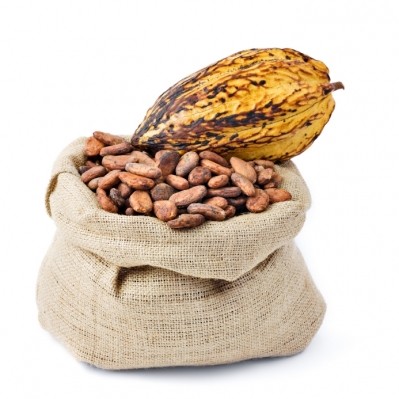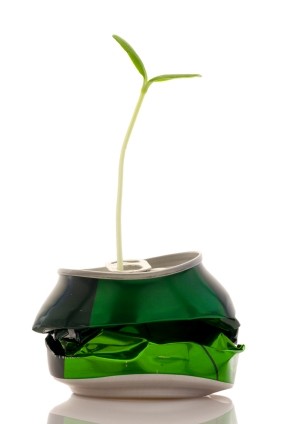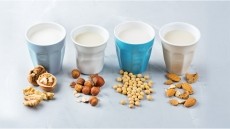Sri Lanka could be a new South Asia hub for food manufacturers

Leading credence to Sri Lanka’s viability, India-based food manufacturer Dabur India, announced at the end of September that it would invest US$15m in a new export -oriented beverage manufacturing plant in Gampha, near Colombo, to cash in on the rising demand for fruit-based beverages.
Established in 1884, Dabur is one of India’s largest and oldest food and beverages companies, and it makes fruit-beverages under the 'Real' brand name for both domestic and export markets.
According to the company, it has signed an agreement with the Board of Investment of Sri Lanka for this venture, and it will now set up Dabur Lanka Pvt. Ltd., that will be incorporated under its wholly owned unit overseas subsidiary Dabur International.
Dabur India CEO Sunil Duggal told FoodNavigator-Asia that the company set up his plant to cater to the demand for Real beverages in India, and that the venture made business sense in view of the Free Trade Agreement between the two countries.
“The other big reason for establishing base in Sri Lanka was to service the South Indian markets, a region that we have not been addressing effectively,” he said. Sri Lanka is to the south of India, and this puts the new plant closer in to South Indian states than plants in other parts of India.
“Our juices are today sold primarily in North, East and West India and we have not been able to sufficiently cater to the demand from South India. With a plant in Lanka, the freight costs for shipping juices to South India would be much cheaper and would give the company greater penetration and presence in this market,” he said.
Duggal said that the new facility in Sri Lanka will be commissioned in August-September 2012 and will see about 90% of the production shipped to India, with a very small percentage of production also being introduced in the local market.
“Our fruit juice business is today growing at around 28-30% quarter-on-quarter. This new manufacturing facility in Lanka will have a capacity to produce 280,000 cases of fruit-based beverages every month,” he said.

















